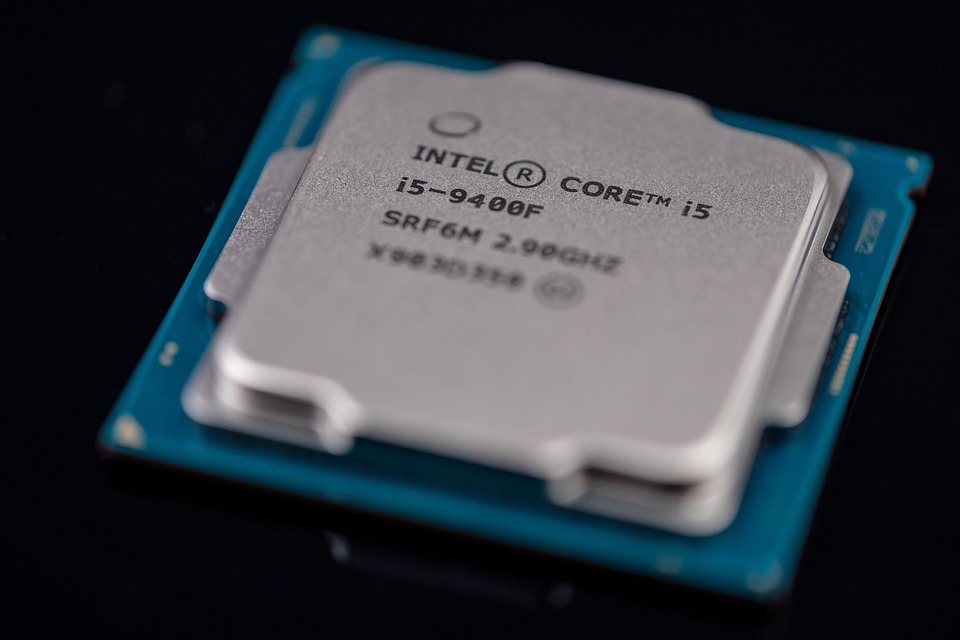Ah, you’re in the thick of it, right? Picking the right processor for your PC can feel overwhelming, but don’t worry—we’re here to help. Whether you’re gaming, multitasking, or just getting your PC running smoothly, understanding the best Intel Core processor for your needs is a must. Let’s dive into the details.
The Pros Of Intel Core Processors
Intel Core processors are a game-changer for anyone looking to boost their PC’s performance. These chips are designed to deliver top-tier efficiency and power, making them a favorite among gamers, content creators, and casual users alike. Here are some of the standout benefits:
- Blazing Speed: Intel Core processors are built to handle multitasking and high-performance tasks with ease. Whether you’re streaming, gaming, or editing photos, you’ll notice a significant improvement in speed and responsiveness.
- Energy Efficiency: These processors are designed to deliver impressive performance without a high power bill. They’re perfect for users who want to keep their PC running smoothly without worrying about power costs.
- Advanced Features: Intel Core processors come with a host of features like hyper-threading, which means your PC can multitask and handle multiple tasks with ease. Plus, they’re optimized for multimedia tasks, making video playback and music streaming a breeze.
The Cons You Might Not Want To Ignore
Despite their many advantages, Intel Core processors aren’t without their drawbacks. Let’s be real—no product is perfect, and these chips are no exception. Here are a few things to keep in mind:
- Power Consumption: While Intel Core processors are energy-efficient, they can still consume more power than budget-friendly alternatives like AMD Ryzen. This could be a concern if you’re a heavy gamer or power user.
- Compatibility Issues: Some older software or hardware might not fully support Intel Core processors, which could lead to crashes or compatibility problems. It’s always a good idea to check compatibility before upgrading.
- Slightly Higher Costs: Compared to lower-tier processors, Intel Core chips can be a bit pricier. However, long-term savings on energy bills and performance improvements often outweigh the initial cost.
When To Go For Intel Core And When Not To
Now that we’ve covered the pros and cons, it’s time to talk strategy. If you’re looking for a balance between power, efficiency, and versatility, an Intel Core processor is the way to go. But if you’re on a tight budget and don’t plan to upgrade your hardware in the near future, you might want to consider a more affordable alternative.
And if you’re a power user who needs the latest and greatest features, you’ll want to stick with Intel Core. After all, it’s the standard for top-tier performance and innovation.
Final Thoughts
So, there you have it—a breakdown of the best Intel Core processor for your needs. Whether you’re a casual user or a power hog, we hope this guide has helped you make an informed decision. If you’re still indecisive, consider upgrading to an Intel Core processor—your PC will thank you. Happy computing!
